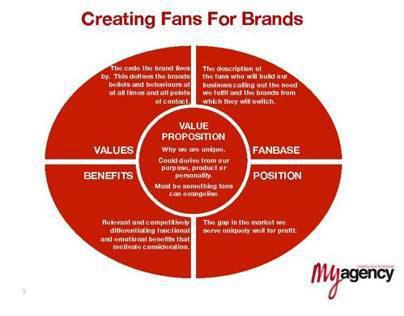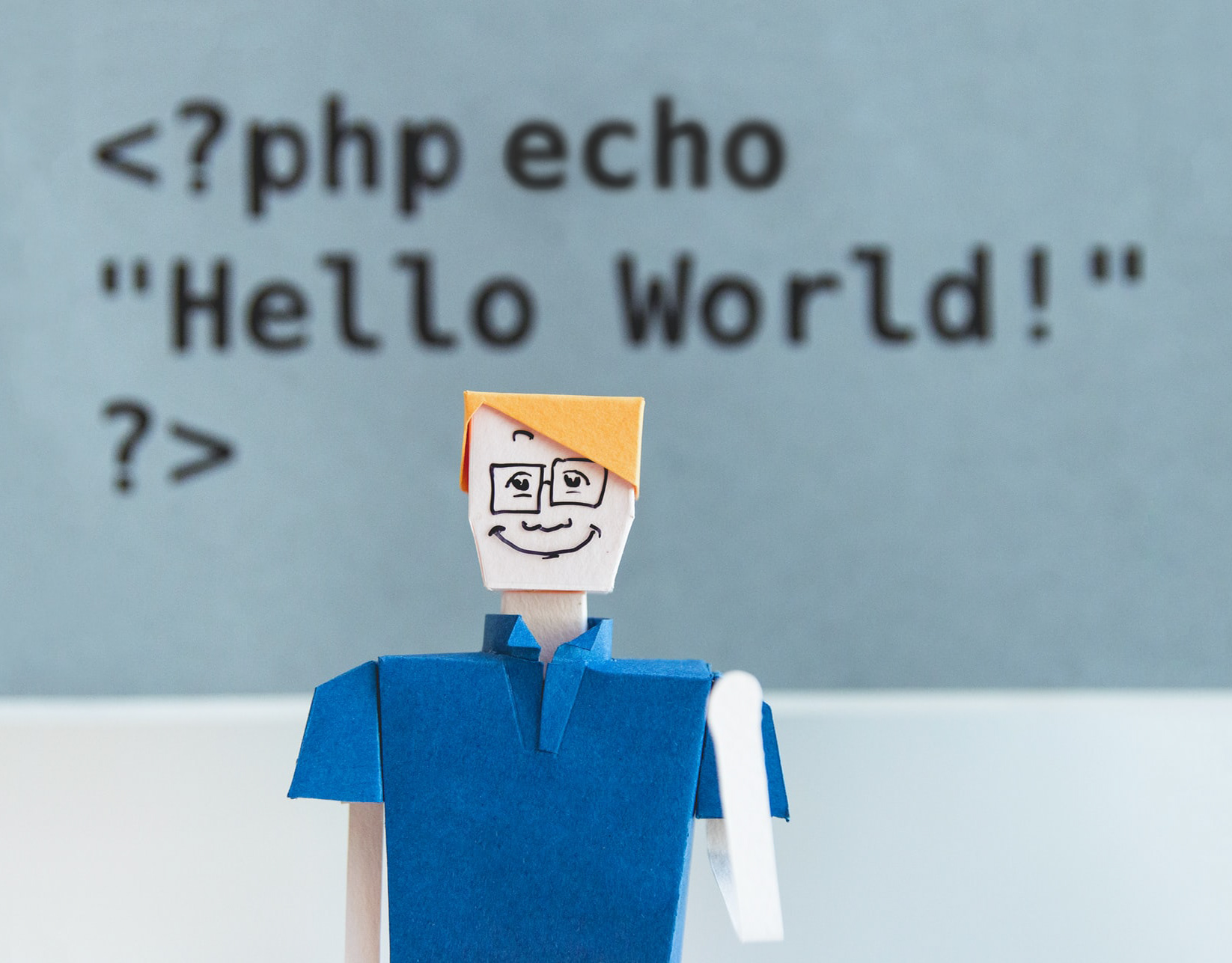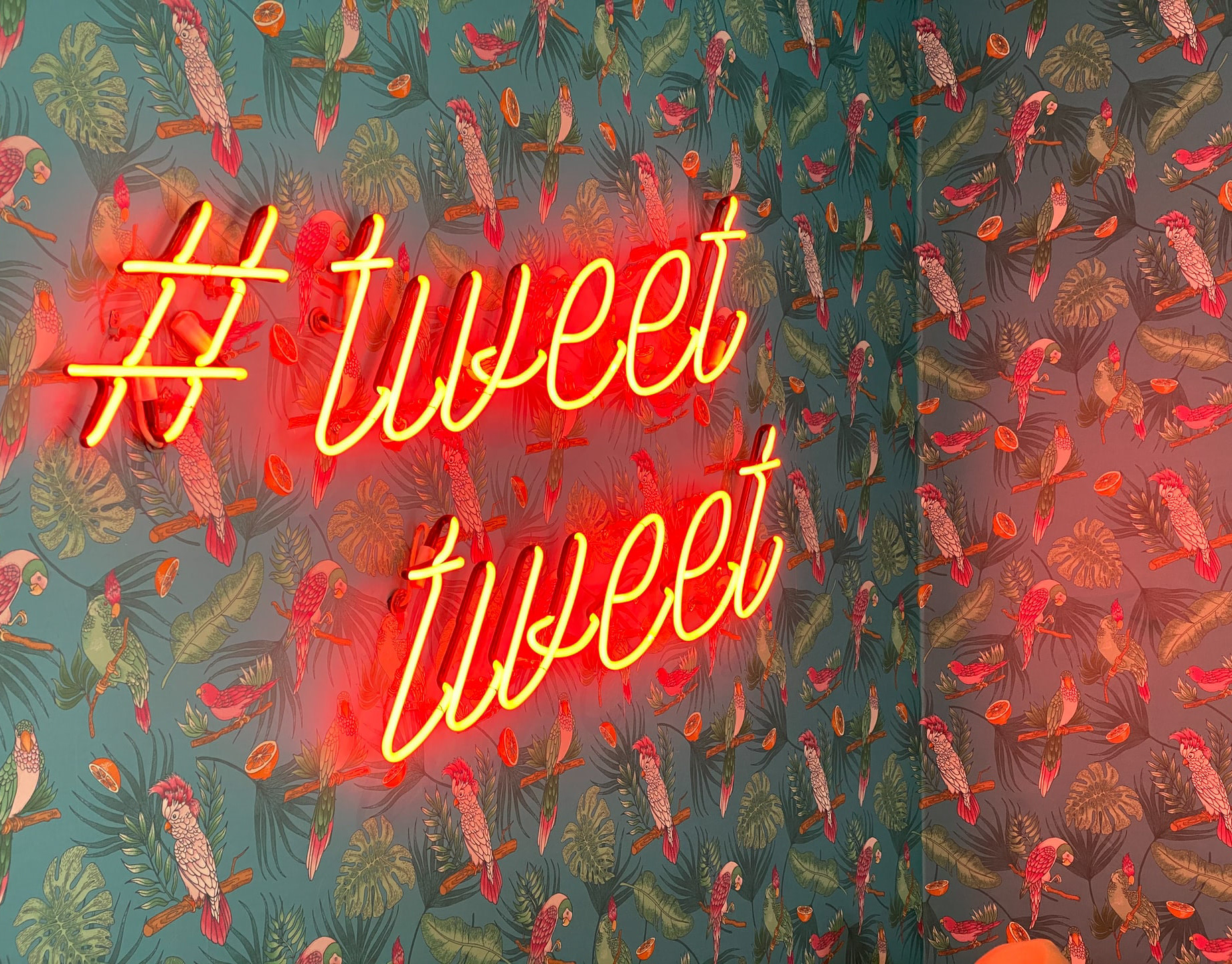It seems somehow appropriate the week following the G7 shindig in Cornwall to reflect that back in the day, corporate strategic plans would open with a PESTEL analysis. A landscaping trip through Political, Economic, Social, Technological, Environmental, and Legal risk factors impacting the business.
More recently, such plans have tended to be dominated by singular concerns. The fall out from the financial crash. The increasing pace of innovation. The climate emergency. And the biggest risk of them all not appearing on any Risk Register, the pandemic.
At the same time, the prevailing framing narrative has been about convergence. A natural legacy of globalism perhaps. The physical, digital, and biological worlds converging to create the 4th Industrial Revolution, a new paradigmatic end state, powered by biotech, nanotech, and AI. Itself but a service station en route to The Singularity. This digital, binary, on / off, in / out thinking, has defined even the ‘anti’ response: those who among us promoting divergence.
However, all this feels partial, too neat, and for all its complexity, simplistic. The 4th Industrial Revolution is (was?) largely a ‘T Revolution’. One that failed to engage fully with the full PESTEL.
Meanwhile, perhaps initially in parallel, there have been other significant, PESTEL factors emerging into the mainstream. In September 2015, a few months before Klaus Schwab and the World Economic Forum trumpeted the arrival of The Fourth Industrial Revolution, the United Nations adopted 17 Sustainable Development Goals (SDGs) setting an agenda for 2030. This was followed the Paris Agreement on climate change mitigation, adaption, and finance which adopted by consensus in December 2015.
These developments have helped fuel the exponential rise of Environmental, Social and Governance (ESG). ESG is, arguably, the convergence of two other TLAs (three letter acronyms) – CSR, Corporate Social Responsibility and SRI, the Socially Responsible Investing movement. Dating back to Kofi Annan’s ‘Who Cares Wins’ campaign from 2005, ESG has in the last few years moved from being a largely negative screening and harm mitigation measure to a focus on the creation of positive impact. Recognising the emergence of the ESG imperative, the World Economic Forum converged the T led 4IR with ESG for their 2020 global agenda advocating ESGT.
One of Schwab’s most prescient observations was the increasing pace of the revolutionary cycles. What used to take centuries now takes a decade. What he did not quite appreciate is that revolutionary change now takes even less time. McKinsey has termed it “the Great Acceleration”. A world where pandemic has advanced change (“a decade in one year”), transitioning the world from the post financial crash ‘New Normal’ to the post pandemic ‘Next Normal’.
No longer can we rely on a relentless march to a destination, albeit hazy. The pandemic has and continues to confirm that we are living in a VUCA world defined by radical Volatility, Uncertainty, Complexity and Ambiguity. As a consequence, convergence is being displaced. We are now in a time of confluence, the point of merger, the coming together of themes and streams. Where the full PESTEL, the 4IR and SDGs and Net Zero and ESG bubble together in something quite different: the era of the 5th Industrial Revolution.
However, as McKinsey point out, this creates a “unique window of opportunity” to “get a jump on competitors often maintain that lead for years to come.”
Indeed, some already promote confluence as a strategic solution. It is defined “the combination of multiple strategies and ideas into one complete strategy”. In investment advice, confluence relies on building a layered strategy drawing from several types of analysis or theory that can achieve investors' goals within their risk profile.
This holistic approach is replacing the singular concern. Edelman’s influential Trust Barometer speaks to “the expanded mandate and expectations” that must be embraced by business. Where it “is important to take meaningful action first and then communicate about it… [to] … lead with facts and act with empathy…. [to] provide trustworthy content that is truthful, unbiased and reliable.”
To succeed, businesses must return to the big picture of the PESTEL. To define and communicate with all integrity and transparency their position within the full thrust of the 5IR. This will provide the momentum, credibility, and substance to create meaningful, engaging, and effective ‘everything connected’ marketing strategies. Programmes that generate trust, the most valuable and appreciating differentiator in the market.
Stop Press!
So yesterday I posted about the opportunities for businesses and brands who are bold and responsible enough to make big strategic moves to embrace the confluence of PESTEL forces creating the 5th Industrial Revolution. Boom! PwC announce a "landmark global strategy reflect[ing] fundamental changes in the operating environment faced by clients and stakeholders, including technological disruption, climate change, fractured geopolitics and the continuing effects of COVID-19." A strategy that recognises the centrality of earning trust to sustainable commercial success. There's more here: the new equation










